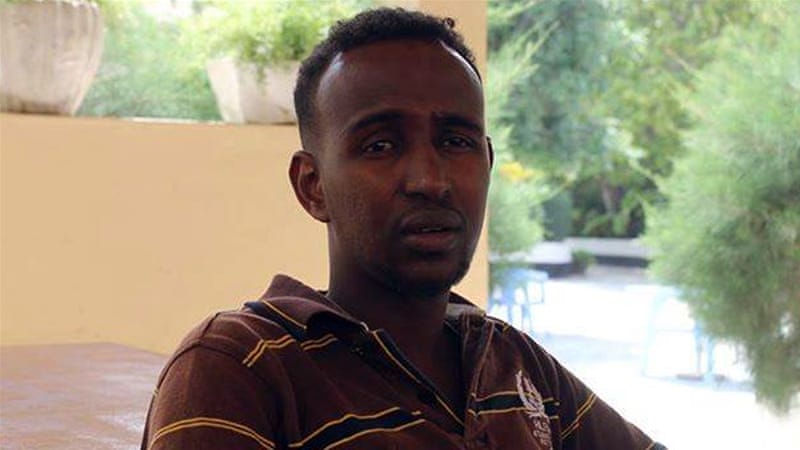Pakistan halts funding to hundreds of 'ghost schools'
About 450 absentee teachers fired in Balochistan, where many had been drawing salaries from already abandoned schools.
![Pakistan halts funding to hundreds of 'ghost schools' About 40 percent of the population aged 10 and above is illiterate [File pic - Mohammad Sajjad/AP]](http://www.aljazeera.com/mritems/imagecache/mbdxxlarge/mritems/Images/2015/11/11/0f2d056f65d843a0befcf1e39ec85d00_18.jpg)
Pakistan authorities have stopped funding hundreds of educational institutions that existed only on paper and have fired 450 absentee teachers in a mission to close down the so-called ghost schools.
Baloch officials vowed to launch a crackdown on the common practice in the southwestern province of Balochistan late on Tuesday.
Raza Muhammed Khan Barrech, education adviser to the chief minister in Balochistan, told Al Jazeera that many teachers who were drawing salaries without doing the job had been fired in the process.
"We have been investigating and closing down such schools for the past year," he said. "The only way to completely shut them down is to not provide funds to those schools."
"There were about 400 to 500 ghost schools in the region that existed only on paper. And about 450 teachers who were drawing salaries. Half of the schools were abandoned as students never showed up."
Barrech said the provincial government is in the process of implementing article 25-a of the constitution, which says the state "shall provide free and compulsory education to all children of the age of five to 16 years in such manner as may be determined by law".
He also revealed that the 'ghost students' had been 'enrolled' by education officials in the region and teachers in the past to show a maximum number of schools to get monetary benefits.
Late last year, a website was launched to identify ghost schools called the Education Management Information System (EMIS), which helps to ensure the presence of teachers in schools and improve the quality of education in the province.
Improvements in education sector
According to Roshan Bharucha, a former senator and a social worker in Balochistan, plans to improve education in the region were under way.
"Many children drop out of schools because of lack of facilities and checks and balances in the education system. However, this seems to be changing," she said.
"The 'ghost school' phenomenon is not just here in Balochistan but also in many other rural areas of Pakistan. This has to be eradicated because those funds can be utilised on improving education."
Pakistan's education rate is still relatively low. As per the Education for All 2015 report, about one-third of primary school age children are out of school, while 42 percent of the population aged 10 and above is illiterate.
At the national level, about two-thirds of women aged 15 and over cannot read and write, and 35 percent of girls remain out of school.
"It is estimated that more than 6.7 million children are out of school, and the majority of them [62 percent] are girls," the report says.
UNESCO and Pakistan recently launched the Girls' Right to Education programme for Pakistan worth $7m.
The programme aims to enrol 50,000 more girls in primary schools in remote areas over the next three years.
The programme aims to enrol 50,000 more girls in primary schools in remote areas over the next three years.
Citation:
Qazi, Shereena. "Pakistan Halts Funding to Hundreds of 'ghost Schools'" Al Jazeera. Al Jazeera Media Network, 11 Nov. 2015. Web. 17 Nov. 2015. <http://www.aljazeera.com/news/2015/11/pakistan-halts-funding-hundreds-ghost-schools-151111134222577.html>.
Response:
Pakistan has the second largest amount of children out of school in the world. Lack of education is a serious problem in the developing world and is obviously a problem in Pakistan. The government of Pakistan is tackling the issue of corruption in school systems as teachers receive salaries for achieving nothing and running "ghost schools". Shereena Qazi is highlighting the positive efforts of Pakistan's government and the logical steps that they are being taking towards giving all children an education. Qazi commends Pakistan for it efforts to combat corruption in the school system. Also, Qazi writes that Pakistan has launched accountability programs for the schools to ensure that this problem does not happen again. The "ghost school" phenomenon is not just an issue in the Southern Pakistan but all over and could be the case for many other countries throughout the world. Qazi's article encourages others to take related measures to ensure the proper education of children throughout the world.




